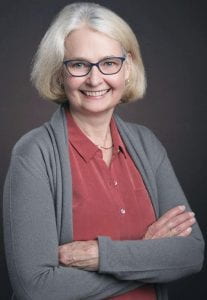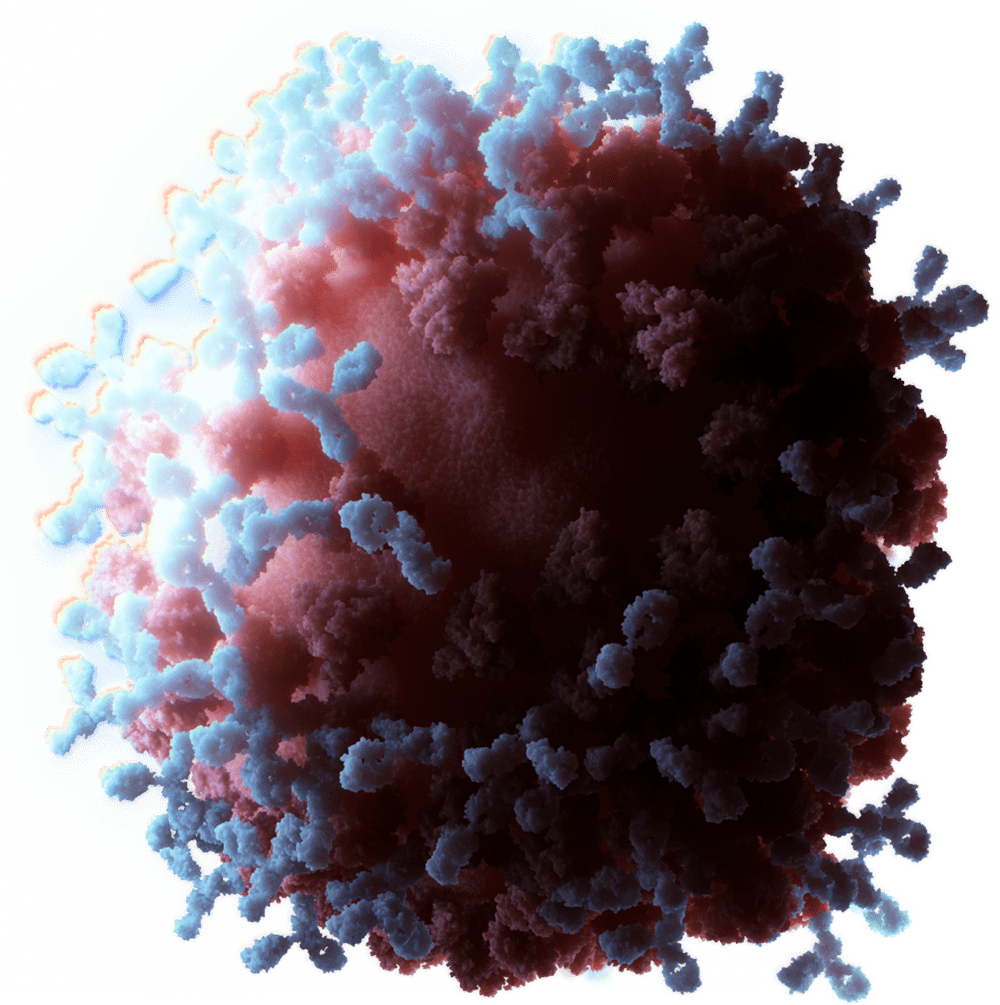December 2022 Newsletter
Finals are completed, grades are being submitted, and everyone is looking forward to Winter Break when things slow down around here. I find the ebb and flow of the academic schedule comforting, some times are wildly busy, but then the quarter ends and we get a rest. It has been quite a year. We hired two new faculty members, received several generous gifts, and edged our way back to fully in-person events.
Please join me in welcoming Jennifer Kong and Claudia Vasquez, two new faculty members starting January 2, 2023. We are thrilled that they are joining us. Their labs will be on the 4th and 5th floors of J-wing. Philanthropic gift funds have enabled us to get their labs spiffed up and ready for their exciting new research.
We were saddened to hear about the passing of Peter Neurath earlier this year. Peter was the son of our founding chair Hans Neurath, and through his estate, he left a gift to endow a chair in his father’s name. We are happy to announce that David Veesler will be the first holder of the Hans Neurath Endowed Chair in Biochemistry. Congratulations David! Read more about his research here. David began studying coronaviruses long before any of the rest of us were thinking about them. Peter Neurath also left a gift for the departmental general fund, some of which we have already used to provide matching funds for a mass spectrometer to support HDX-MS, a method to monitor the flexibility of proteins. We also bought new chairs for our J-wing and K-wing labs. Some of the old chairs are in pretty tough shape so we are delighted to be able to do this.
We are grateful for a gift from the Hans Neurath Foundation to build a Hans Neurath Biophysics Core. This includes money to purchase new equipment but also lets us leverage NIH funds for additional items. We already have our first new piece, a mass photometer that uses light scattering to measure the size of protein complexes. My students can’t wait to use it. The gift also includes an endowment to support the Core, which is absolutely critical to keep the Core and its equipment running smoothly for many years to come.
Researchers have been back in the labs for two years, but now in-person lab events are returning. It is delightful to see people again on a daily basis. Gradually the masks have come off, and we have avoided a surge of COVID or flu. We have restarted our cherished in-person faculty lunches on Friday. One faculty member presents their research, a recent result, a new idea, or something they are ruminating about, and it is also a time just to get together and chat.
Student governance has been strong in this department for at least 50 years. That’s one of the truly wonderful things about our department. The students have started a new buddy program where senior students can mentor junior students. We were so happy that we could restart the in-person student lunches, where one or two students present their research and receive feedback from other students. This year, we are adding a new feature to the student lunches, where an outside speaker with a non-academic career path comes to speak. If you are an alumnus and would like to speak with our students about your career, let us know. Jennifer Bocanegra (the president of our students) and I will arrange a visit.
The Department completed our ten-year program review, which had to be postponed from May, 2020. I had already finished the report for the 2020 review when COVID hit. I thought I would use the same report in 2022, but when I reread it, I realized the entire world had changed and that included our department. I rewrote the report for 2022, and the review went very well. The review committee recognized the strengths of our department and of our graduate program. Thank you to the review committee for all their hard work. One of their main suggestions was to restart the faculty and student lunches, which of course, we did. Next review will be in 2032!
The Institute for Protein Design has advanced using artificial intelligence to design proteins to a point where it almost seems like science fiction. With minimal guidance, you can now ask a computer to “design a protein to bind to protein x” and the AI programs do that! I have watched some of their examples, and it is stunning. You can see examples here. Their Translational Investigator program has already yielded revenue to the tune of $17M to the University. Read more here. The departmental share has gone to fund start-ups for new faculty, a very important and difficult need to fund.
Finally, our faculty and trainees continue to be recognized for their successes. I had a great time at my postponed induction into the American Academy of Arts and Sciences. Congratulations to Rachel Klevit who was elected this year. We have two Curci Scholars, a wonderful program to encourage both women and international students to do their graduate work in the UW School of Medicine.
As you can tell, things in the Department are going well. It runs smoothly in no small part due to our dedicated administrative and lab staff. A special thank you to them for their tireless efforts to support our research and educational missions.
We wish you a healthy winter season and a Happy New Year.

